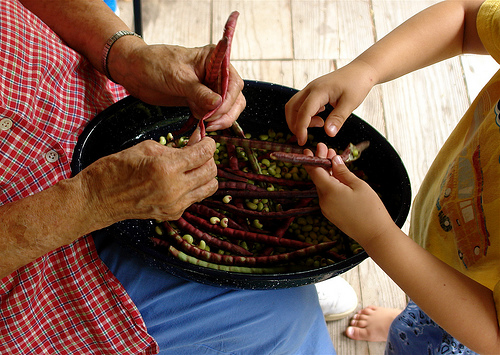I experienced an uncomfortable moment recently when someone expressed admiration for my chosen vocation, which was characterized as “saving souls.”
The reason I was uncomfortable is that I don’t do that, and so I couldn’t take credit for it. No, this is not just a typical case of Midwestern modesty, like a firefighter who dashes into a burning building to save a child and then insists he’s not a hero. Shucks, I’m just an ordinary guy doing his job.
Seriously, saving people is not my job. I don’t save souls. Never have, never will. Getting credit for doing so reminds me of the story in Acts 14 where Paul and Barnabas are mistaken for Zeus and Hermes. When the townsfolk bring out on ox to sacrifice to them, the two missionaries frantically plead, “Why are you doing this? We are mortals just like you, and we bring you good news.”
That’s it exactly. Jesus saves souls — that’s what Easter was all about. Don’t confuse me with the one who saves souls; I’m just a messenger bearing good news. Maybe there shouldn’t be a “just” in that sentence. Being a messenger of the good news is certainly a meaningful vocation. But the fact that bearing good news is my vocation doesn’t make me any more or less worthy of admiration than anyone else.
Not only do I not save souls, but I don’t think it’s helpful language for preachers to talk about saving souls. Maybe I’m just overly sensitive because of the wisdom imparted by parents from the years they spent in the mission field in Kwa Zulu, South Africa, but it sounds like a condescending, paternalistic way of going about things. Like it’s our job as superior beings to rescue others from their ignorance or intransigence.
I think that, in the past, this one-way-street attitude not only got missionaries in trouble, it got the universal church in trouble. I was asked recently if the traditional Lutheran understanding of mission work is basically that you have to convert them first, and then offer help. I responded that I hope not. When I read the Gospels, I don’t see Jesus focused on converting people; he spends most of his time healing and helping and loving. He does not describe his mission as saving souls and converting people. He does say, “I have come to heal and help folks, especially the poor and the powerless.” And in the process of that, faith incubates and grows, lives are changed and people are saved.
Yes, Jesus asked us to make disciples of all nations, but that isn’t the same as asking us to save souls. There are a lot of Christian believers in our congregations who are not disciples, and it is one of our jobs as preachers to try to make disciples out of them. Why? So that they can heal, help, love, and proclaim the good news to others who aren’t disciples.
So while we’re in our pulpits trying to make disciples out of congregation members, we should also be out there being a blessing to others. I can’t see where one goes before the others. You can’t proclaim effectively about the love of God without reflecting that love.
Christians reflect the love of God — love that has the power to heal, to feed, and to save. That’s what we do. There is no nobler vocation in the world. If we’re doing it right, that’s what preachers do as well.

